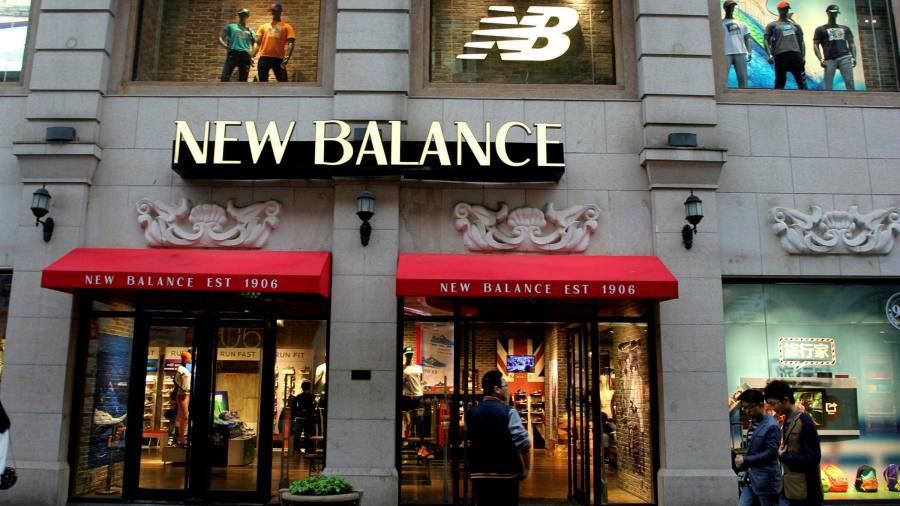[ad_1]
A Chinese court has awarded New Balance Rmb25m in damages in a case brought by the US sportswear brand against two local companies for copying its slanting “N†logo.
The compensation accorded by the Shanghai Huangpu District Court last month is among the largest ever awarded to a foreign brand in a trademark battle against Chinese copycats.
The legal victory for New Balance comes as Beijing seeks to repair its strained relationship with Washington following the inauguration last month of US president Joe Biden. Intellectual property theft has been a major issue in trade tensions between the two countries.
“The Chinese government has sent a strong signal that it is serious about protecting IP,†said Wu Yuheng, a partner specialising in trademark protection at DeHeng law firm in Chengdu. “That holds the key to attracting foreign investment China still badly needs.â€
The two defendants, Fujian-based footwear maker New Barlun and its distributor Shanghai Shiyi Trade, have expanded quickly in China’s smaller cities, selling knock-off New Balance goods priced at less than half the US brand.
New Balance first took taking legal action in 2016 and has sued dozens of Chinese copycats. It won a lawsuit in April last year when another Shanghai court ordered New Barlun to pay the US company Rmb10.8m ($1.7m) in damages for the illegal use of its “N†logo.
Lawyers said the latest case could have a big impact on Chinese trademark protection because of the large size of the damages awarded.
Wu said most local copycats had little fear of legal fallout because they typically ended up paying less than Rmb1m after court disputes — a negligible amount compared with hefty profits that can reach as much as Rmb100m a year.
But that could change significantly if the cost of infringement rises dramatically.
“A small penalty can do nothing to stop counterfeiting,†said Wu. “A big one does.â€
New Balance welcomed the ruling. “It is very encouraging that the court has once again recognised the legitimacy of New Balance’s IP rights, which will help ensure that our brand is safeguarded and protect our consumers’ interests,†it said in a statement.
However, it is not clear how closely China’s state-controlled court system will follow the standards set in the New Balance case. Lawyers said that many local courts may be reluctant to impose harsh penalties on makers of counterfeit goods, which are often big employers, for fear of undermining economic growth.
“Courts need to strike a balance between protecting IP and keeping small business afloat,†said Wu.
[ad_2]
Source link





